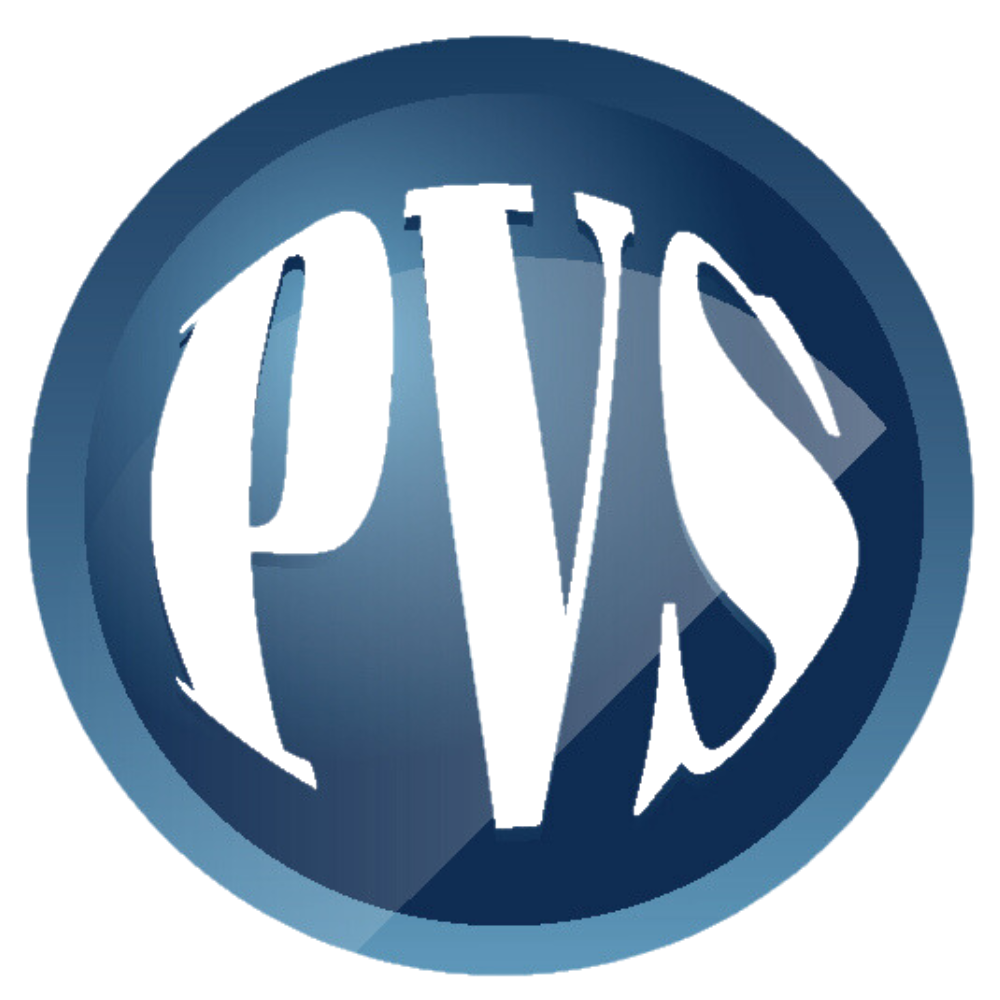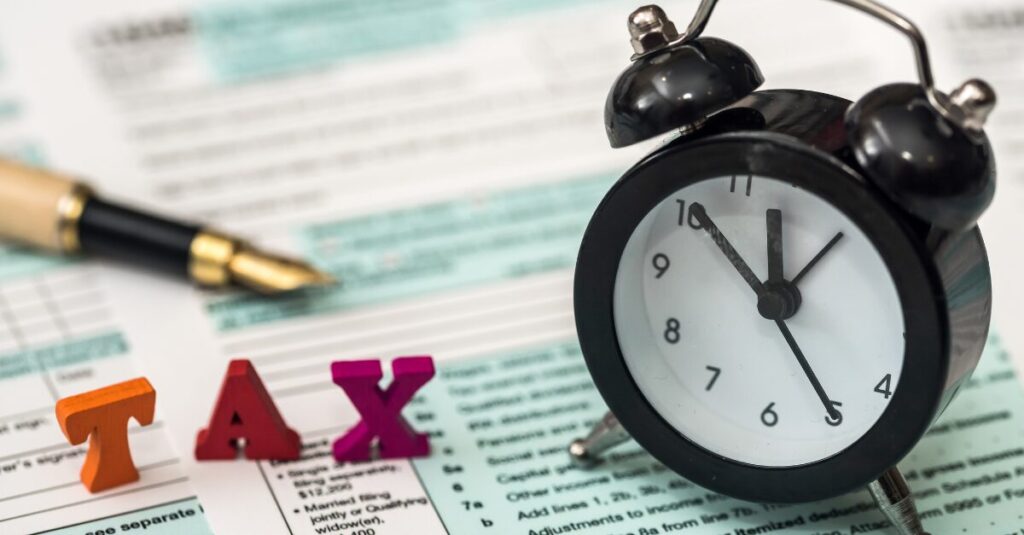How to Use a Depreciation Schedule to Reduce Property Taxes
Once you know how a depreciation schedule can potentially save you property tax dollars, you’ll appreciate their value beyond mere compliance. An optimized depreciation schedule is a strategic tool that can lead to significant savings. In this guide, we’ll discuss managing business personal property (BPP) taxes through accurate and strategic depreciation schedule management, how to optimize depreciation schedules, tackle common management challenges and provide actionable strategies to enhance compliance and maximize property tax efficiency.
Depreciation Schedule in Business Personal Property Tax
When businesses open, they acquire assets, such as computers, copiers, desks, phones and machinery, etc. Each type of asset has a schedule of depreciation based on its expected life, usage and role within business operations.
According to the Internal Revenue Service (IRS), “You can depreciate most tangible property (except land), such as machinery, vehicles, furniture and equipment. You can also depreciate certain intangible property, such as patents, copyrights and computer software.” Property qualifies for depreciation if it is owned by you, used in your business or for income generation, has a measurable useful life and is expected to last more than one year.
For federal purposes, the following items are categorized as follows:
- Three-year properties: tractors, tools and some livestock.
- Five-year properties: computers, office equipment, cars, light trucks and construction assets.
- Seven-year properties: office furniture, appliances and most other property, not otherwise categorized.
Over time, you are allowed to depreciate the cost of these assets.
What is Federal Depreciation?
Federal depreciation is the method businesses use to calculate the decrease in value of their assets, as defined by U.S. property tax laws. It involves applying IRS-approved methods and guidelines to determine the amount of depreciation that can be deducted from a business’s taxable income each year.
What is a Depreciation Schedule?
A depreciation schedule, on the other hand, is a detailed document that systematically outlines how assets lose value over time. This schedule is crucial for property tax purposes because it provides a structured way to account for the depreciation of tangible assets, thereby reducing the amount of taxable income.
The IRS defines depreciation as, “an annual income tax deduction that allows you to recover the cost or other basis of certain property over the time you use the property.”
Depreciation schedules determine the value of assets based on their cost and age, taking into account factors such as usage, current condition, wear and tear, technological advancements and market trends.
Federal Depreciation vs. State and Local Depreciation
Many businesses don’t realize that federal depreciation isn’t what most assessors use to assess their personal property taxes. A few states use federal depreciation for personal property taxes, including Missouri, Nebraska and South Carolina. Other states and/or counties develop depreciation schedules based on their research as to how long the useful life of certain equipment is.
Arizona
For example, in Arizona, for equipment reported at its original cost and date, the assessor applies an additional depreciation factor that increases every year until total depreciation eventually meets 97.5%. If you’re reporting equipment that has been re-booked — meaning it’s being reported at the cost and date your business acquired an existing asset instead of the original cost and date of the equipment — the equipment is not eligible for the additional depreciation. In 2023, Arizona modified the application of additional depreciation factors and how they assess new equipment purchases. In summary, it is important to fully understand their depreciation schedules and how this applies to your personal property.
Indiana
In Indiana, the factor used on new equipment purchases increases from the first year to the second year, so the taxable value of the equipment increases in the second year before beginning to decline again in the third year.
In some cases, when using a depreciation schedule, assessors will assign index factors to an asset’s original cost to determine the replacement cost new of an asset before applying the depreciation factors based on the equipment’s useful life and age.
The overall factor is then used to calculate the equipment’s market value. If assets remain on your depreciation schedule, they are taxable for business personal property taxes — even if the netbook value is zero. In the majority of cases, the most an asset will be depreciated is 80-90% of its cost — thereby leaving a remaining taxable value, otherwise known as its residual value — which will be taxable until the asset is disposed from a taxpayer’s books and records.
Common Challenges in Managing Depreciation Schedules
In an attempt to manage depreciation schedules effectively, businesses may face several common challenges to maintain accuracy and compliance.
Incorrect Classification of Assets
Different types of property may be taxed at different rates. Correctly categorizing assets means they are taxed appropriately.
Incorrect classification of assets can skew the depreciation calculations, leading to potential overstatements or understatements of asset values on financial statements and property tax returns.
Market Dynamics
Another challenge is maintaining up-to-date asset valuations that reflect current market conditions. As market dynamics shift — due to factors such as technological advances, economic downturns or changes in consumer demand — the value of assets can fluctuate significantly.
Property Tax Laws Dynamics
Moreover, property tax laws concerning depreciation are not static and can vary widely across jurisdictions. This complexity is magnified for businesses operating across multiple regions since they must stay informed about and comply with diverse regulatory requirements.
Managing depreciation schedules requires a proactive approach, including regular schedule reviews and updates, a thorough understanding of applicable tax laws and the application of appropriate asset classification and valuation methodologies. Property tax professionals from Property Valuation Services (PVS) can help businesses optimize their property tax benefits and maintain compliance by addressing these issues.
Strategies for Optimizing Depreciation Schedules
Optimizing depreciation schedules is crucial for maximizing property tax benefits and enhancing financial accuracy. Here are proven strategies to optimize depreciation schedules and improve business personal property tax planning for maximum savings.
1. Review Depreciation Schedules Regularly for Accuracy
Conduct systematic and regular reviews of depreciation schedules to account for all assets correctly and align their depreciation with current regulations and business operations. Identify errors or changes in asset conditions or valuations that might affect depreciation calculations.
2. Choose the Right Depreciation Method for Each Asset Type
Simply put, you need to choose the right depreciation schedule for each type of asset. Businesses must evaluate the estimated decline in value for each asset type and ensure that the depreciation schedule used is appropriate for the decline in value. This choice impacts how quickly an asset is depreciated and can affect a company’s property tax obligations and overall financial outlook.
3. Strategically Manage Asset Purchases to Minimize Tax Liability
Acquiring assets at a time that maximizes property tax benefits or disposing of them when they no longer contribute value can significantly impact a company’s financial health and property tax liabilities.
4. Maintain Accurate Asset Records for Property Tax Compliance
Record all assets, including the purchase dates, cost and depreciation schedules.
By implementing these strategies, businesses can feel confident that their depreciation schedules are compliant and strategically aligned with their broader property tax planning and financial management goals. But, ensuring everything is correct can get complicated quickly. That’s why the property tax experts at PVS help businesses optimize their depreciation schedules and reduce business personal property tax liabilities, so you can stay compliant and focused on growth.
Case Studies: Property Valuation Services’ Success Stories of Depreciation Optimization
These real-world examples illustrate how PVS employs a comprehensive approach that includes utilizing depreciation schedules tailored to specific modalities or industries.
Case Study 1
PVS filed the business personal property tax renditions using their in-house property tax savings methodologies for a health care system in South Texas. The proposed values from the Appraisal District were appealed and resolved through mediation.
Challenges: To identify assets with intangible components, PVS had to review and classify asset listings for five hospitals and several ancillary items and compare them to our in-house database of high-technology medical equipment for the appropriate adjustments. PVS also had to determine the appropriate depreciation schedule for each asset.
How PVS Helped: PVS prepared personal property renditions that identified components of certain pieces of equipment as either intangible or non-taxable and thereby reduced the taxable base and moved a large portion of assets to a faster depreciation schedule, both of which resulted in lower taxes assessed.
Results: PVS secured more than $1,000,000 in savings for the client.
Case Study 2
PVS filed the business personal property tax return for a newly constructed replacement hospital using their in-house property tax savings methodologies. The assessor’s office accepted the return with minor discrepancies.
Challenges: To identify assets with intangible components PVS had to review and classify an asset listing with over one thousand items and compare it to our in-house database of high-technology medical equipment for the appropriate adjustments. PVS also had to determine the appropriate depreciation schedule for each asset. Additionally, there was a bulk entry costing over $6,000,000.
How PVS Helped: PVS prepared a personal property return that identified components of certain pieces of equipment as either intangible or non-taxable. This reduced the taxable base of the assets and moved a large portion of assets to a faster depreciation schedule, both of which resulted in lower taxes assessed. PVS was also able to obtain details behind the bulk entry and incorporate those assets in the property tax savings methodologies.
Results: PVS secured more than $60,000 in savings for the client.
Case Study 3
PVS started working with a leasing company to reduce the property tax liability on leased equipment of a current client. PVS identified intangible and non-taxable components of the equipment that could be removed from the taxable basis of the assets, along with identifying jurisdictions that would allow the movement of the equipment to a faster life.
Challenges: PVS reviewed and analyzed the leased equipment to determine the appropriate cost adjustments and depreciation schedules. As the equipment was located throughout the country, the exact location of each asset had to be considered when applying property tax reduction methodologies, as they can vary not only by the state the equipment is located in but also the individual jurisdictions.
How PVS Helped: By reviewing the leased equipment before the lessor’s filing, PVS was able to reduce the property tax liability of the leased equipment.
Results: This resulted in savings of more than $220,000 in the first two years.
The Impact of Legislative Changes on Depreciation Schedules
Legislative changes can alter how depreciation schedules are managed in BPP taxation, often with the goal of stimulating economic growth or adapting to new economic conditions. These changes can include modifications to depreciation methods and rates, potentially increasing depreciation rates for certain assets to encourage investment by allowing businesses to recover costs more rapidly through property tax deductions. Additionally, the introduction of temporary property tax incentives, such as bonus depreciation or higher expensing limits, can enable companies to deduct a greater portion of an asset’s cost in the year of purchase, thus affecting their short-term financial and property tax planning.
To stay compliant and strategically aligned with new property tax laws, businesses need to adapt by updating internal processes and systems. Understanding these legislative impacts is crucial for businesses to maximize property tax efficiencies and make informed decisions about capital investments and asset management.
Property tax laws are complex and constantly changing, but experienced property tax professionals have the expertise to apply property tax-saving strategies effectively and keep your business compliant. Hiring a property tax expert is a smart investment that pays off by protecting your bottom line and freeing up capital to drive business growth.
Property Valuation Services Can Help You Manage Depreciation Schedules
At Property Valuation Services, we understand that managing depreciation schedules is crucial for minimizing property tax liabilities and maximizing savings.
By customizing depreciation schedules to fit the unique characteristics of each asset type and industry, our clients receive fair and accurate property tax valuation.
Contact us and don’t let the complexity of depreciation schedules intimidate you from optimizing your property tax strategy.
Let us help you transform your property tax management challenges into opportunities for growth and savings.
Ready to reduce your property taxes? Contact us today for a free consultation and let our experts build a depreciation schedule tailored to your business. Let us help you transform your property tax management challenges into opportunities for growth and savings.
Frequently Asked Questions
What types of assets can be depreciated for business personal property taxes?
Assets such as computers, office furniture, equipment, and vehicles can be depreciated if they are used for business, have a determinable useful life, and are expected to last more than one year.
Do federal depreciation rules apply to state and local property taxes?
Not always. While a few states like Missouri and South Carolina use federal depreciation schedules, most states have their own rules and depreciation factors for business personal property taxes.
How can businesses optimize their depreciation schedules?
Businesses can optimize depreciation schedules by regularly reviewing asset listings, correctly classifying assets, applying the appropriate depreciation method, and staying updated on tax law changes in each jurisdiction.
How to Use a Depreciation Schedule to Reduce Property Taxes Read More »














 Seeking Professional Advice for Commercial Real Estate
Seeking Professional Advice for Commercial Real Estate






